You finally get to travel the world and see places you’ve always dreamt about. You want to shop at the best stores, take unforgettable pictures and interact with the locals. However, you have to put the adventure on pause to grab something to eat.
You don’t have to eat out for every meal, which can be pricey. The average tourist spends around 25% of their travel budget on food and beverages. Yet it’s possible to taste local cuisine and save money at the same time.
With that in mind, here are 15 tips for cooking in a foreign country. Learn how to make food away from home without adding stress to your upcoming trip.
1. Follow the Locals
When in doubt, follow the locals. Tourist areas are designed to make people happy, no matter where they come from. You’ll find generic food and ingredients that are the same as back home. You might even recognize a few of the chains. The locals, however, flock to smaller stores stocked with regional favorites.
Get a taste of the real culture and save money by shopping at local grocery stores. Pick up authentic and fresh ingredients, like fruits and veggies. Research your destination before you leave to find tips and tricks online.
2. Bring a Dictionary
You’re likely going to encounter new languages when you travel abroad. Even so, you don’t need to be fluent to enjoy yourself. Though it isn’t a necessity, you’ll enjoy a more authentic experience if you immerse yourself in the culture.
Bring along a translation dictionary to ensure that you’re communicating correctly. You don’t want to leave a shop with the wrong ingredients. A dictionary or time spent learning the language will save you from paying for a translator or hoping someone will be around whenever you need help communicating.
Don’t leave the success of your trip up to chance. Invest in a translation dictionary and learn key phrases to have a safe and enjoyable adventure.
3. Plan Your Meals
A lot of people prefer to eat when the feeling strikes them, not on a schedule. However, it’s smart to plan when traveling. You can decide which supplies to bring on the trip and which ingredients to buy when you arrive. For example, if you’re going to France, you might want to make pot-au-feu, which translates to pot in the fire. This rustic dish with steak, root vegetables and spices.
Plan meals before you leave, so you know what you will eat each day. You can also make a travel menu after you arrive check out the local stores. The more you think ahead, the more prepared you’ll be. Anything you decide to make will be easier due to your extra efforts.
4. Simplify Your Recipes
When you’re at home, you might enjoy making elaborate meals, like ratatouille or baked Alaska. However, you should simplify your recipes when traveling. Use only essential ingredients like beans, rice, eggs and pasta. They’re affordable and keep for an extended period.
Buying a large bottle of sauce for a specific meal will drain your travel funds. Plus, you’ll end up throwing half the bottle away at the end of your trip. Look for traveled-sized jars of condiments you can store in your luggage — like miniature Tabasco sauce.
5. Ask Hostel Owners Questions
A lot of people stay in hostels while they travel. These accommodations are ideal for talking one-on-one with the owners. What meals do they like to cook? Where do they prefer to shop?
Remember, hostel owners want to help travelers have a great time. They’re often happy to answer any questions you have.
6. Clean Before Cooking
It’s smart to clean any surface you’ll use before you start cooking. You should also wash utensils and equipment. Save money by carrying leak-proof travel containers full of cleaning supplies, so you don’t need to buy them when you arrive.
Disinfectants, surface cleaners and dish soap come in handy when you’re hungry and need food but don’t have time to run to the store for supplies. You should also invest in a travel-sized bottle of hand sanitizer.
7. Boil Water First
Do you want to cook away from home? Be aware that it’s not always safe to use the water. Be sure to boil it before you cook with or drink it. Experts recommend you bring the liquid to a roiling boil for one minute to purify it. At higher elevations, you’ll want to boil the water for three minutes.
Boiling water kills the bacteria in it, though it won’t remove chemical contaminants. Unfortunately, the entire world does not have access to safe drinking water. If you visit one such country, be sure to follow safety measures before taking a drink.
8. Research Recipes Online
It’s exciting to try out new local recipes when visiting a foreign country. That said, you should research foods online before you whip out the pots and pans. Is your destination country known for a particular dish? Is their ingredient you won’t be able to find there?
Know which ingredients to use, how to prepare them and which equipment the kitchen requires. With a grocery list of what you need, you can reduce what you spend while you shop.
9. Know the Rules
Most places you stay, whether hostel or five-star resort, will have rules about the amount of cooking allowed in rooms. Before you book, ask the manager or owner about the guidelines.
If the hostel doesn’t provide a kitchen, the owner may not feel comfortable allowing you to cook or use equipment. On the flip side, others may request you use the common areas to cook meals.
10. Adjust Your Expectations
Do you picture yourself making a five-course meal in London or Prague? If so, it’s time to adjust your cooking expectations. Don’t set a high bar for what meals should look and taste like while abroad.
You’ll have an easier time if you’re resourceful with materials. Forgot to pack the napkins? Don’t rush out and buy more. Instead, use a towel and wash it later. You can also substitute tissues or paper towels. Get creative and have fun without unrealistic expectations.
11. Bring Portable Cookware
Do you want to save yourself the cost of buying supplies on the road? Then invest in a portable kitchen that can fit in your backpack. These kitchens come with everything you need to eat, including pots, pans, utensils and plates.
Large kits come with every gadget you can imagine, while smaller ones are ideal for the solo traveler. For example, a bowl and a spork may be enough for microwave meals on-the-go.
12. Don’t Forget Comfort Foods
It’s great to try new food while away from home. Still, don’t forget about your comfort foods. Try to make your favorite recipes with a cultural twist. For example, if you’re traveling through India, pick up tasty spices you can add to your burgers. You might even find a few to keep using back home.
Travel is exciting but tiring. A nice bowl of comfort food will come in handy after a long day. It’s okay to make something familiar when you need a taste of home. When you feel up to it, try experimenting with local flair.
13. Take Local Cooking Classes
Plenty of cities around the globe offer community classes. See if you can find a cooking class at your destination. You can connect with local experts who know what they’re doing. Plus, they’re skilled at passing knowledge along to students. A class is also a great way to expand your understanding of a culture.
If you’re a foodie ready to jet off, look into the Giglio Italian Cooking School in Florence, Italy, where you can learn the art of pasta. You can also check out Buddha Bellies Cooking School in Tokyo, Japan. Get hands-on instruction in local cuisine, including sushi-making.
Just be sure to budget for classes before you head off. Classes are a fun way to educate yourself. Plus, they’re an authentic experience you can’t find anywhere else.
14. Get Creative With Your Cooking
Most countries are open to talking about their cooking methods —if you ask about them politely. Did you find a fantastic new dish at a restaurant? Ask how they make it and which ingredients they use. Hostel owners can also help guide you through your cooking adventure.
Another way to learn about new methods of cooking is to talk about them with your friends abroad. When you compare skills and strategies, you can both become better chefs. If you’re staying in a hostel, ask other travelers about their favorite hometown dishes. You can even set up a night to cook authentic meals for each other.
Take what you learn and get creative with your cooking. What you lack in supplies you can make up for with ingenuity and a little forethought. For example, rosemary can replace skewers if you’re grilling a sausage or similar food. You get the added bonus of extra seasoning as well.
15. Expand Your Horizons
Travel is all about expanding your horizons. If you go to a country and eat the same foods as back home, you won’t learn anything. A trip is an opportunity to open your mind to new culinary possibilities.
Test out new ingredients, whip up exciting recipes and have fun while you grow. It’s pointless to go on a trip and come back unchanged. The whole purpose is to learn and develop your understanding of different cultures. Expand your horizons by trying new foods or methods of cooking.
Planning a Trip? Learn How to Cook in a Foreign Country
When you cook in a foreign country, you can learn delicious new recipes and save money. Plus, after a long day seeing the sights, you won’t want to wait for food at a stuffy restaurant.
Cooking in a foreign language can be fun. Learn about the foods where you travel and see how you can make them your own. Talk with the locals, like the hostel owner, or sign up for a cooking class. You can hone your cooking skills while you travel and wow your friends upon your return.

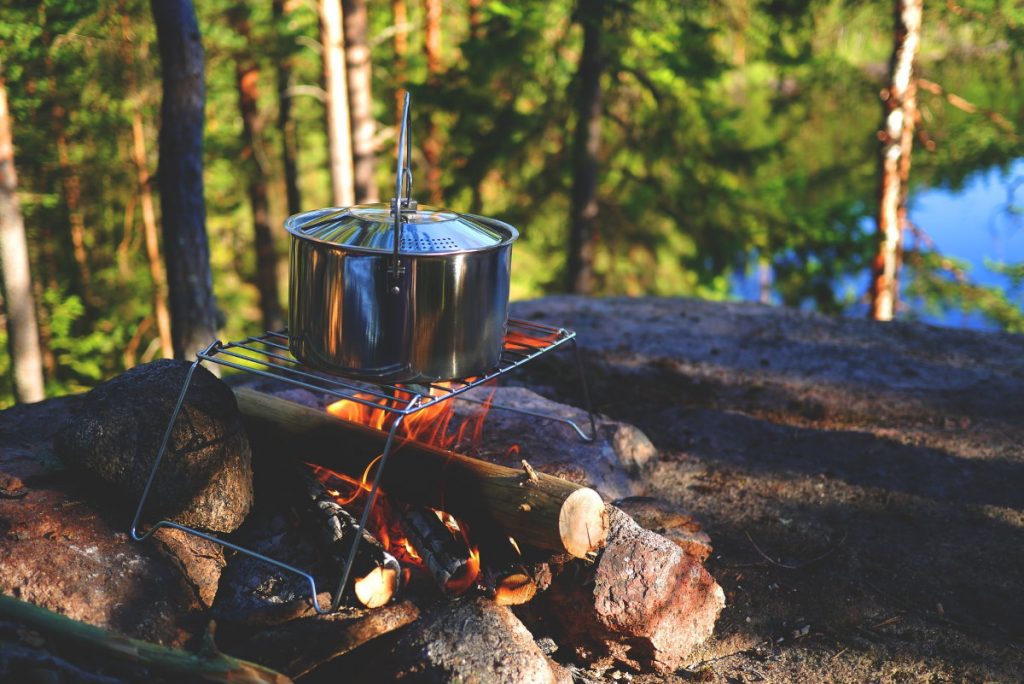
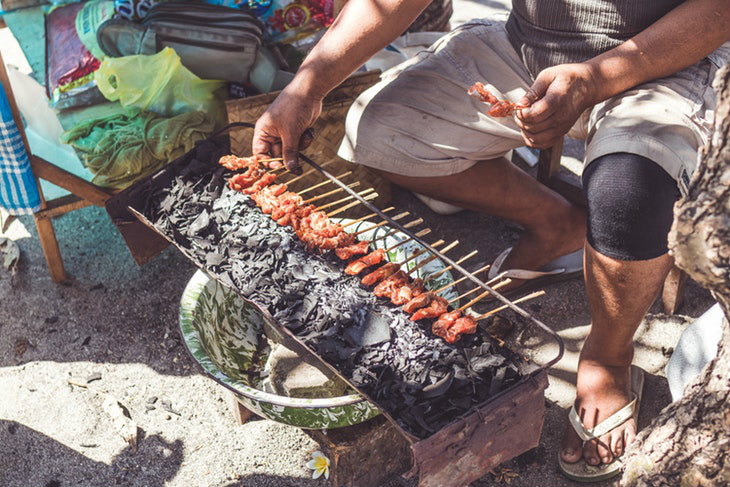
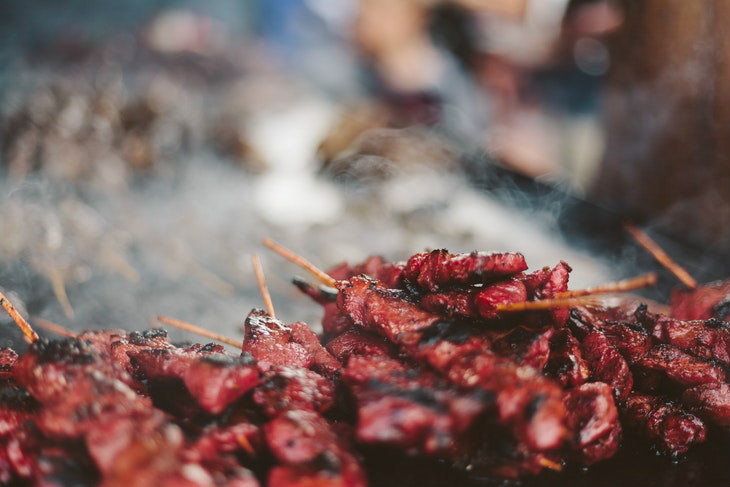
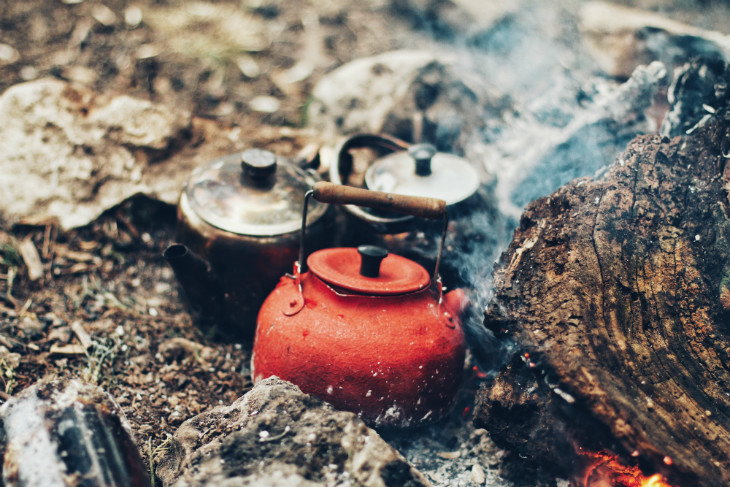
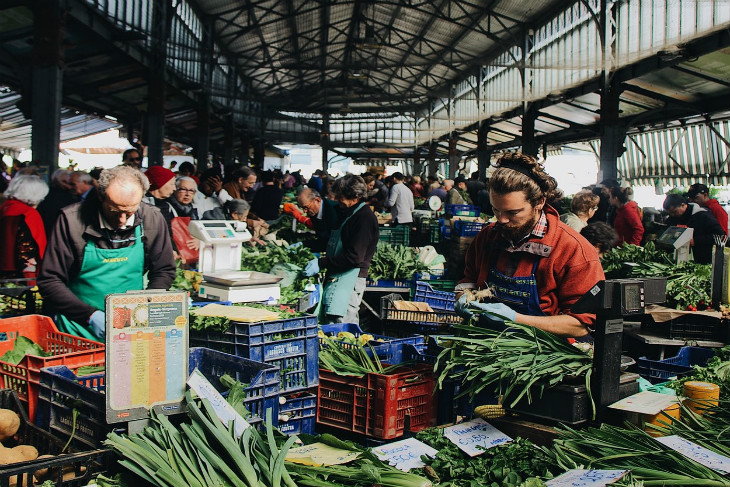
0 comments